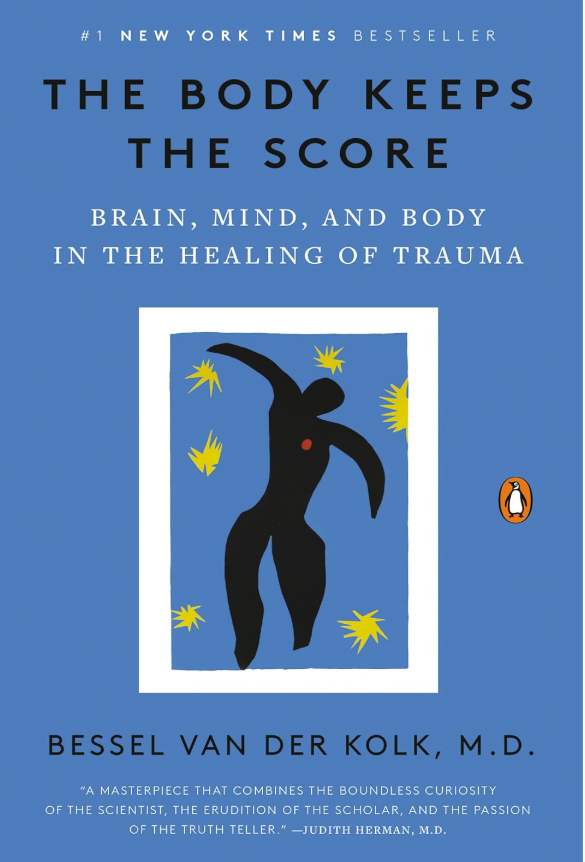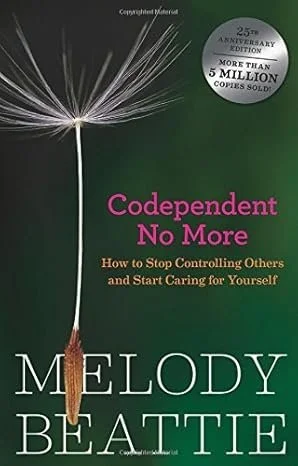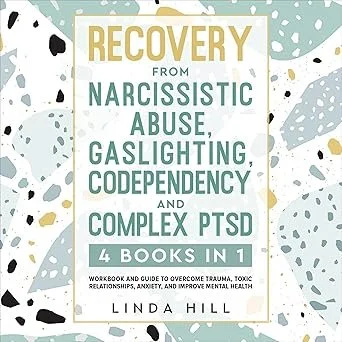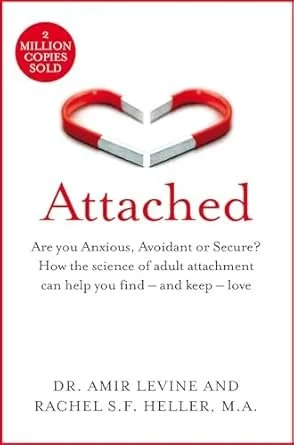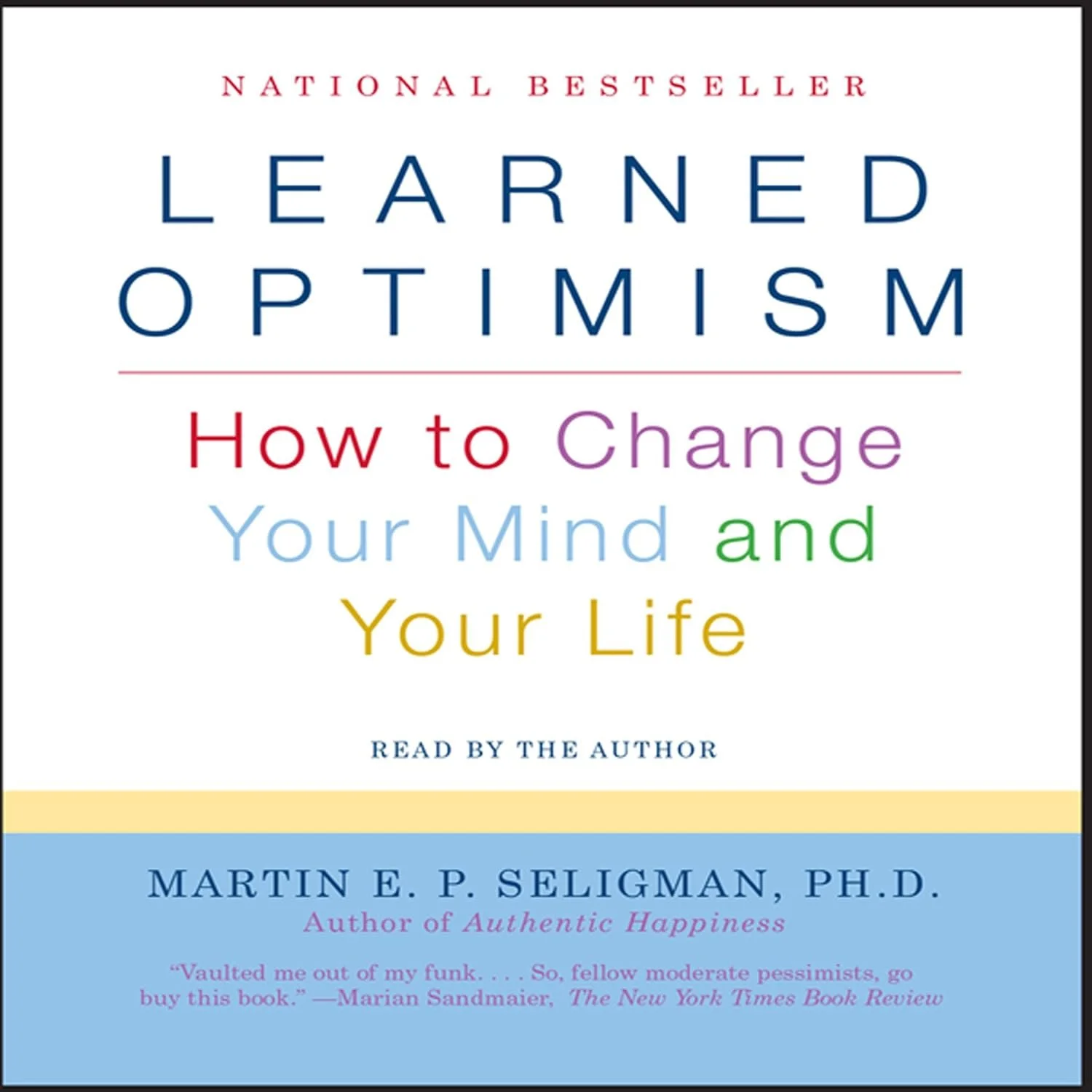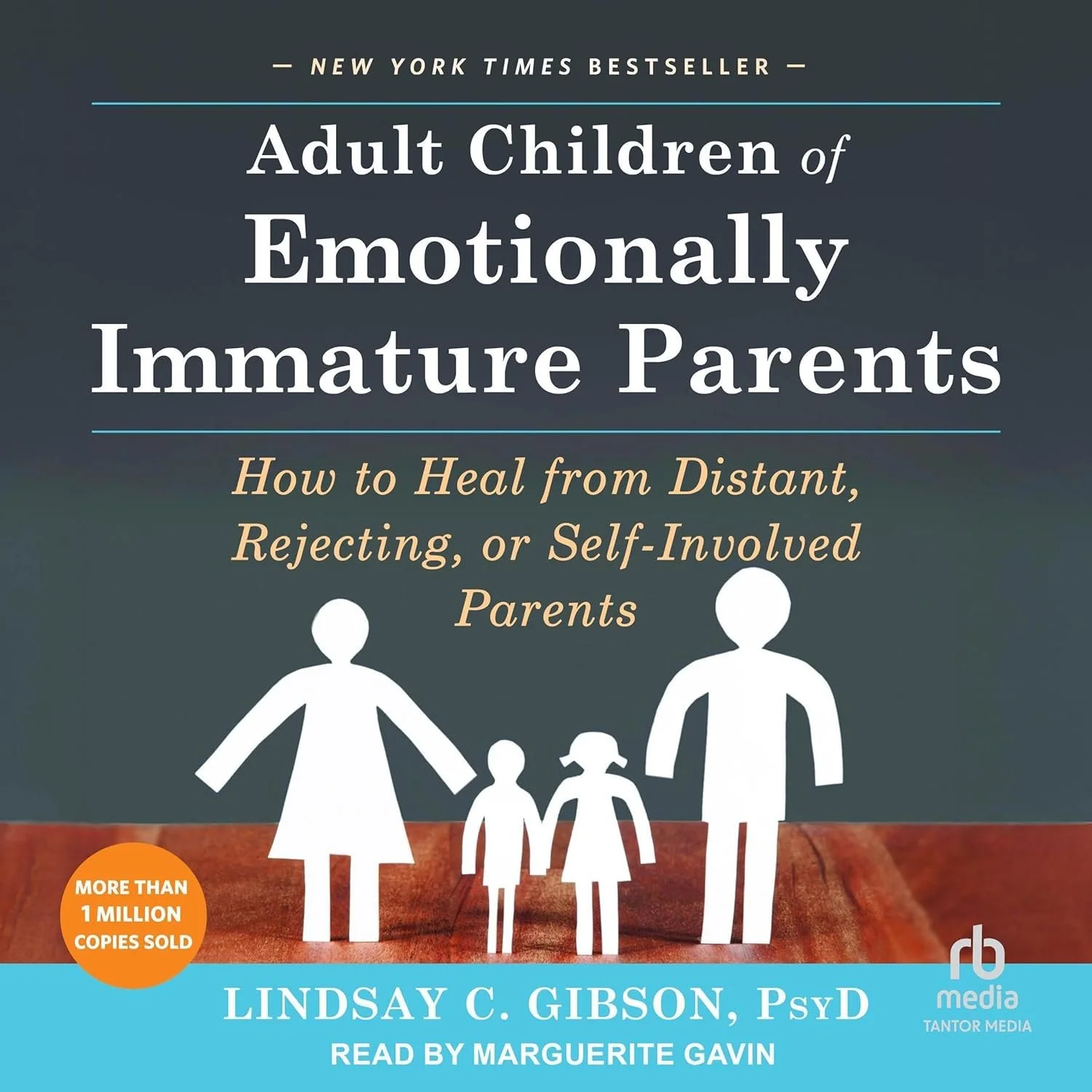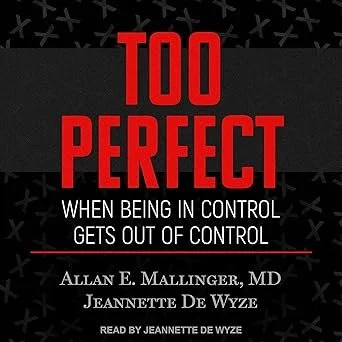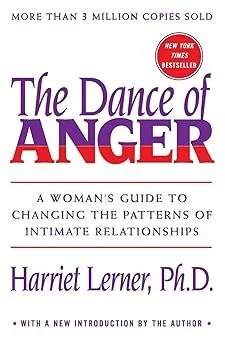AJ’s Recommendations
Here, you’ll find a curated list of therapist-recommended books for mental health, personal growth, and relationships. These are titles I often recommend because they offer practical tools, comforting insights, and fresh perspectives that you can apply to everyday life. Think of it as your own little therapy bookshelf, ready whenever you are!
The Body Keeps The Score,
by Bessel van der Kolk M.D.
The book shows how trauma physically changes the brain and body, leading to issues like anxiety, dissociation, and chronic stress. It also outlines healing approaches that help people process trauma, regulate emotions, and restore a sense of safety and connection.
Codependent No More: How to Stop Controlling Others and Start Caring for Yourself
by Melody Beattie
With instructive life stories, personal reflections, exercises, and self-help tests, Codependent No More has helped countless readers change their codependent behaviors and understand that they are powerless to change anyone but themselves.
Recovery from Narcissistic Abuse, Gaslighting, Codependency and Complex PTSD (4 Books in 1): Workbook and Guide to Overcome
by Linda Hill
This groundbreaking book includes four books that will teach you from start to finish, everything you need to know about Narcissistic Abuse, Gaslighting, Codependency and Complex PTSD, as well as how to recover from each one of them.
Atomic Habits: An Easy & Proven Way to Build Good Habits & Break Bad Ones
by James Clear
No matter your goals, Atomic Habits offers a proven framework for improving - every day. James Clear, one of the world's leading experts on habit formation, reveals practical strategies that will teach you exactly how to form good habits, break bad ones, and master the tiny behaviors that lead to remarkable results.
In this groundbreaking book, psychiatrist and neuroscientist Amir Levine and psychologist Rachel S. F. Heller reveal how an understanding of attachment theory-the most advanced relationship science in existence today-can help us find and sustain love. Attachment theory forms the basis for many bestselling books on the parent/child relationship, but there has yet to be an accessible guide to what this fascinating science has to tell us about adult romantic relationships-until now.
Attached: Are you Anxious, Avoidant or Secure? How the science of adult attachment can help you find – and keep – love
by Rachel Heller Amir Levine
You can acquire optimism and significantly improve your life! Are you an optimist or a pessimist? How often do you take on exciting new projects or celebrate your successes? Now psychologist Martin E.P. Seligman, one of the world's experts on motivation, shows you how to chart a new approach to living with "flexible optimism." Dr. Seligman's principles of reasoned, flexible optimism will help you rise above pessimism and the depression that accompanies negative thoughts.
Learned Optimism: How to Change Your Mind and Your Life by Martin E.P. Seligman Ph.D.
In this breakthrough book, clinical psychologist Lindsay Gibson exposes the destructive nature of parents who are emotionally immature or unavailable. You will see how these parents create a sense of neglect and discover ways to heal from the pain and confusion caused by your childhood. By freeing yourself from your parents' emotional immaturity, you can recover your true nature, control how you react to them, and avoid disappointment. Finally, you'll learn how to create positive new relationships so you can build a better life.
Adult Children of Emotionally Immature Parents: How to Heal from Distant, Rejecting, or Self-Involved Parents
by Lindsay C. Gibson PsyD
Why Does He Do That?: Inside the Minds of Angry and Controlling Men
by Lundy Bancroft
In this groundbreaking bestseller, Lundy Bancroft—a counselor who specializes in working with abusive men—uses his knowledge about how abusers think to help women recognize when they are being controlled or devalued, and to find ways to get free of an abusive relationship.
High-Conflict Couple
by Alan Fruzzetti, PhD
The most highly regarded book in the field of DBT for Couples.
Eight Dates: To keep your relationship happy, thriving and lasting
by John Gottman, Julie Gottman, Rachel Abrams, and Doug Abrams
Doctors John and Julie Gottman have spent over three decades studying the habits of 3000 couples. Within 10 minutes of meeting a couple, they can predict who will stay happily together or who will split up, with 94% accuracy. Based on their findings on the ingredients to a happy, lasting love life, they have now created an easy series of eight dates.
The Seven Principles for Making Marriage Work
by John M. Gottman
According to most relationship books, the key to a solid marriage is communication, communication, communication. Phooey, says John Gottman, Ph.D., author of the much-lauded Why Marriages Succeed or Fail. There's much more to a solid, "emotionally intelligent" marriage than sharing every feeling and thought, he points out--though most couples therapists ineffectively (and expensively) harp on these concepts.
Gottman, the director of the Gottman Institute, has found through studying hundreds of couples in his "love lab" that it only takes five minutes for him to predict--with 91 percent accuracy--which couples will eventually divorce. He shares the four not-so-obvious signs of a troubled relationship that he looks for, using sometimes amusing passages from his sessions with married couples. (One standout is Rory, the pediatrician who didn't know the name of the family dog because he spent so much time at work.)
Too Perfect: When Being in Control Gets Out of Control
by Allan Mallinger MD and Jeannette De Wyze
For many of us, perfectionism can bring life's most desired rewards. But when the obsessive need for perfection and control gets in the way of our professional and emotional lives, the cost becomes too high. Although many of us appear cool and confident on the outside, inside we are in emotional turmoil, trying to satisfy everyone, attempting to direct the future, and feeling that we are failing.
In Too Perfect, Dr. Allan Mallinger draws on 20 years of research and observations from his private practice to show how perfectionism can sap energy, complicate even the simplest decisions, and take the enjoyment out of life. For workaholics or neat freaks, for anyone who fears change or making mistakes, needs rigid rules, is excessively frugal or obstinate, Too Perfect offers revealing self-tests, fascinating case histories, and practical strategies to help us overcome obsessiveness and reclaim our right to happiness.
Marry Him: The Case for Settling for Mr. Good Enough
by Lori Gottlieb
By looking at everything from culture to biology, in Marry Him, Gottlieb frankly explores the dilemma that so many women today seem to face - how to reconcile the strong desire for a husband and family with a list of must-haves so long and complicated that many great guys get rejected out of the gate. Here Gottlieb shares her own journey in the quest for romantic fulfillment, and in the process gets wise guidance and surprising insights from marital researchers, matchmakers, dating coaches, behavioral economists, neuropsychologists, sociologists, couples therapists, divorce lawyers, and clergy - as well as single and married men and women, ranging in age from their 20s to their 60s.
I Am Not Sick I Don't Need Help!: How to Help Someone with Mental Illness Accept Treatment
by Xavier Amador PhD
Dr. Amador's research on poor insight was inspired by his attempts to help his brother Henry, who developed schizophrenia, accept treatment. Like tens of millions of others diagnosed with schizophrenia and bipolar disorder, Henry did not believe he was ill. In this latest edition, 6 new chapters have been added, new research on anosognosia (lack of insight) is presented and new advice, relying on lessons learned from thousands of LEAP seminar participants, is given to help readers quickly and effectively use Dr. Amador s method for helping someone accept treatment. I AM NOT SICK, I Don't Need Help! is not just a reference for mental health practitioners or law enforcement professionals. It is a must-read guide for family members whose loved ones are battling mental illness. Read and learn as have hundreds of thousands of others...to LEAP-Listen, Empathize, Agree, and Partner-and help your patients and loved ones accept the treatment they need.
The Dance of Anger: A Woman's Guide to Changing the Patterns of Intimate Relationships
by Harriet Lerner
The renowned classic and New York Times bestseller that has transformed the lives of millions of readers, dramatically changing how women and men view relationships.
Anger is something we feel. It exists for a reason and always deserves our respect and attention. We all have a right to everything we feel—and certainly our anger is no exception.
This Is How Your Marriage Ends: A Hopeful Approach to Saving Relationships
by Matthew Fray
A thoughtful, down-to-earth, contemporary guide to help partners identify and address relationship-killing behavior patterns in their own lives.
Good people can be bad at relationships.
One night during his divorce, after one too many vodkas and a call with a phone-in-therapist who told him to “journal his feelings,” Matthew Fray started a blog. He needed to figure out how his ex-wife went from the eighteen-year-old college freshman who adored him to the angry woman who thought he was an asshole and left him. As he pieced together the story of his marriage and its end, Matthew began to realize a hard truth: even though he was a decent guy, he was a bad husband.

